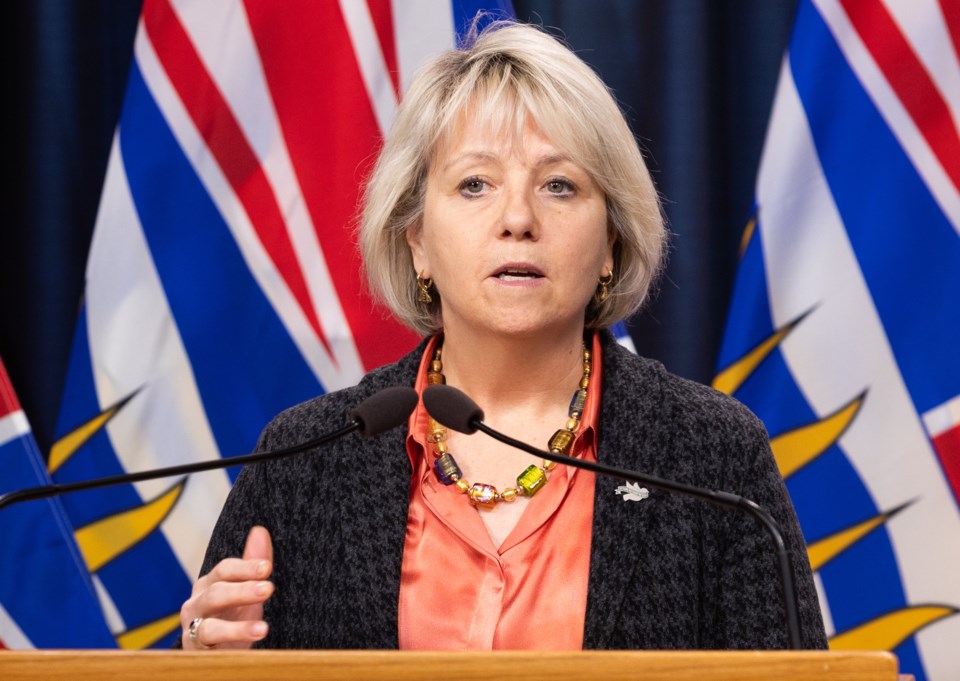How well we care for the most vulnerable people can change the future.
This week, I was struck by a few news items revealing opportunities, both lost and golden, that may be shaping the future. Those include how we treat children with special needs in schools, how we treat people who don’t have homes and how we treat people who are addicted to drugs.
These three items may not appear to be connected, but they all reflect how well our society is functioning and what it might look like a few years down the road.
The B.C. Teachers’ Federation sent out an open letter from labour groups working in Vancouver schools expressing their alarm at the number of times teachers are not replaced when they’re off sick. The reported numbers are nearly 2,000 in just a few months. What often happens in this instance is that resource teachers – those who work with the most vulnerable students – are pulled from their regular jobs and put into the empty classroom. It means those vulnerable students lose out on their support, thus falling further behind.
“It is our view that a significant reduction in school and student support workers, the ongoing and systemic failures to fill, and the resulting lack of consistent, appropriate support for all students has had, and continues to have, a significant impact on student success, social-emotional wellness and all learning,” the letter reads.
Those who need the most help are most affected when a teacher is not replaced.
Meanwhile, as has happened elsewhere, a tent encampment at the north end of the Oak Street Bridge in Vancouver is being cleared, the Vancouver Sun reported. I notice the tents are gone from Richmond’s Brighouse Park and I hope those people have found safe homes to live in. At the Vancouver encampment, which has grown over the past six months, and was collecting a large pile of garbage, safety was reported to be a concern. Officials said they had offered temporary shelter spots to the people living there, but one resident said he had only been offered two nights in a shelter.
Obviously, the best answer to our brutal and cruel housing shortage is to build more housing as fast as possible. It should be all types of housing from tiny homes and temporary modular housing to townhouses for young families, to apartments, suitable for all different income levels.
But in the meantime, people without homes need special care. They need to be able to keep their meagre possessions and have a warm bed to call home. Arresting them is not going to help anything.
The third item to strike me this week was Provincial Health Officer Dr. Bonnie Henry’s report on prescribed safer supply, now known as prescribed alternatives. The B.C. government was the first in Canada to offer prescribed safer supply of illicit drugs, a policy that began in March 2020. About 4,300 people in B.C. use this program, yet the number of deaths from toxic drugs was the highest ever last year at more than 2,500 – an average of seven per day.
As I wrote last year, people have raised concerns that some of the prescribed drugs are being diverted to casual drug users, possibly causing them to become addicted and at risk of transitioning to illicit drugs and overdosing on poison supply.
At the news conference to announce the report’s findings, Dr. Alexis Crabtree, harm reduction lead at the B.C. Centre for Disease Control, said the evidence available is reassuring, but very limited.
“We know from qualitative research about patients who have access to supply that some of them do share or sell their medications, particularly when they feel those medications don't act as an adequate substitute to the unregulated,” Dr. Crabtree said.
Dr. Henry’s team is taking an ethical approach, which I appreciate. If safe supply saves lives, it is worth continuing and tweaking to ensure no supply is diverted to anyone who may then become addicted. Hopefully the evidence will soon show fewer lives lost.
The provincial government promised to consider Dr. Henry’s recommendations and said it would take immediate action on some items, including reducing the risk of misuse by expanding medication options and making “witnessed” dosing the default method. These are positive steps in the right direction.
Most importantly, we must make sure society’s vulnerable are taken care of.
“We need to address the social determinants of health so that’s things like having adequate money, having food, have a safe, secure place to live,” Dr. Henry said.
Of course, mental health plays a role, and I would argue, it all begins with equity at school. Ensuring that everyone receives the supports they need right from the beginning will make our society stronger, more equitable and more resilient.
Tracy Sherlock is a freelance journalist who writes about education and social issues. Read her blog or email her [email protected].




